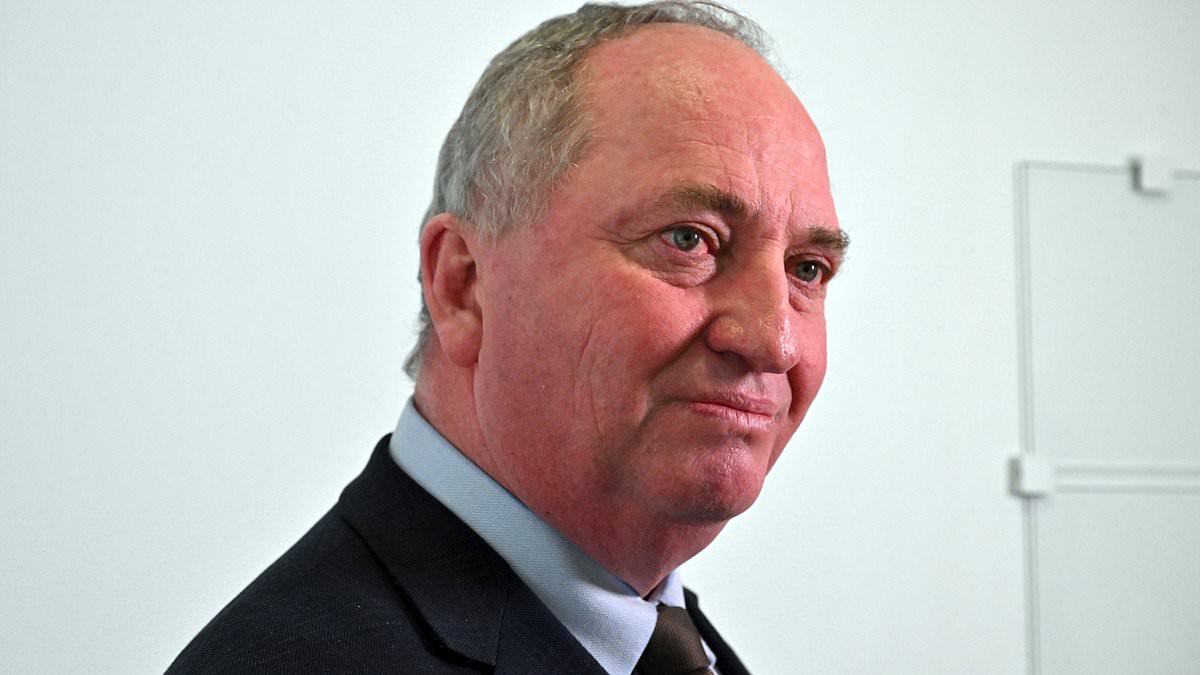
As artificial intelligence (AI) technology continues to advance, a growing debate in Australia questions its potential to reshape the workforce, especially with the increasing trend of working from home (WFH). Former Deputy Prime Minister and Nationals MP Barnaby Joyce has sounded the alarm, cautioning Australians about the potential job risks posed by AI and the work-from-home movement.
Union Pushes for WFH Flexibility
The Australian Services Union recently announced plans to advocate for enhanced WFH rights, filing a submission with the Fair Work Commission. According to union secretary Emeline Gaske, WFH has become a permanent feature of the modern workplace. Gaske stated, “Our submission will make it clear that the location of work does not diminish its value.”
Among the union’s demands is a provision requiring employers to give at least six months’ notice to employees before mandating a return to the office. This proposal aims to protect flexibility for employees who can perform their roles remotely.
Barnaby Joyce’s Warning About AI and Job Losses
Joyce described the union’s WFH demands as “an absurdity,” urging caution among workers who opt for remote work. He warned, “You can’t just say you’re going to work from home today, or you won’t have a job. With AI coming: if your job is a keyboard, yourself, and a computer, it’s not a myth: AI is coming.”
The Nationals MP emphasized that AI could make it easier for employers to replace remote workers. He argued, “If people can prove they don’t need to come to the office, then the office can prove they can be replaced by AI.”
While clerical and administrative tasks are most at risk, Joyce highlighted that trades like plumbing and electrical work would remain relatively safe from AI-driven automation, noting that “AI… replaces people but it doesn’t have hands and it doesn’t have feet.”
Broader Implications of AI in the Workforce
Social Services Minister Tanya Plibersek acknowledged the potential disruption AI poses to repetitive roles. However, she emphasized the need to create new jobs in emerging industries, asserting, “We’ve got real capacity to develop some of those AI tools right here.”
Research suggests that over 6.7 million Australians, or 46% of employed individuals, now work remotely. Analysis by Victoria University reveals that AI could potentially handle nearly one-third of all jobs in Australia, with clerical positions most at risk. On the other hand, industries such as cleaning, hospitality, and trades are expected to face minimal impact.
Barney Glover, commissioner of Jobs and Skills Australia (JSA), noted that while AI might not eliminate every job, its influence will be widespread. “The overarching message is that almost all occupations will be augmented by AI,” Glover stated.
The Path Forward: AI and Productivity Discussions
The role of AI in Australia’s workforce and its impact on job security will be at the center of discussions at the federal government’s productivity roundtable in Canberra this week. Policymakers and industry leaders aim to address both the challenges and opportunities posed by this transformative technology.
As AI continues to evolve, Australians face critical questions about balancing technological advancements and preserving job security, particularly in an increasingly digital and remote work landscape.






